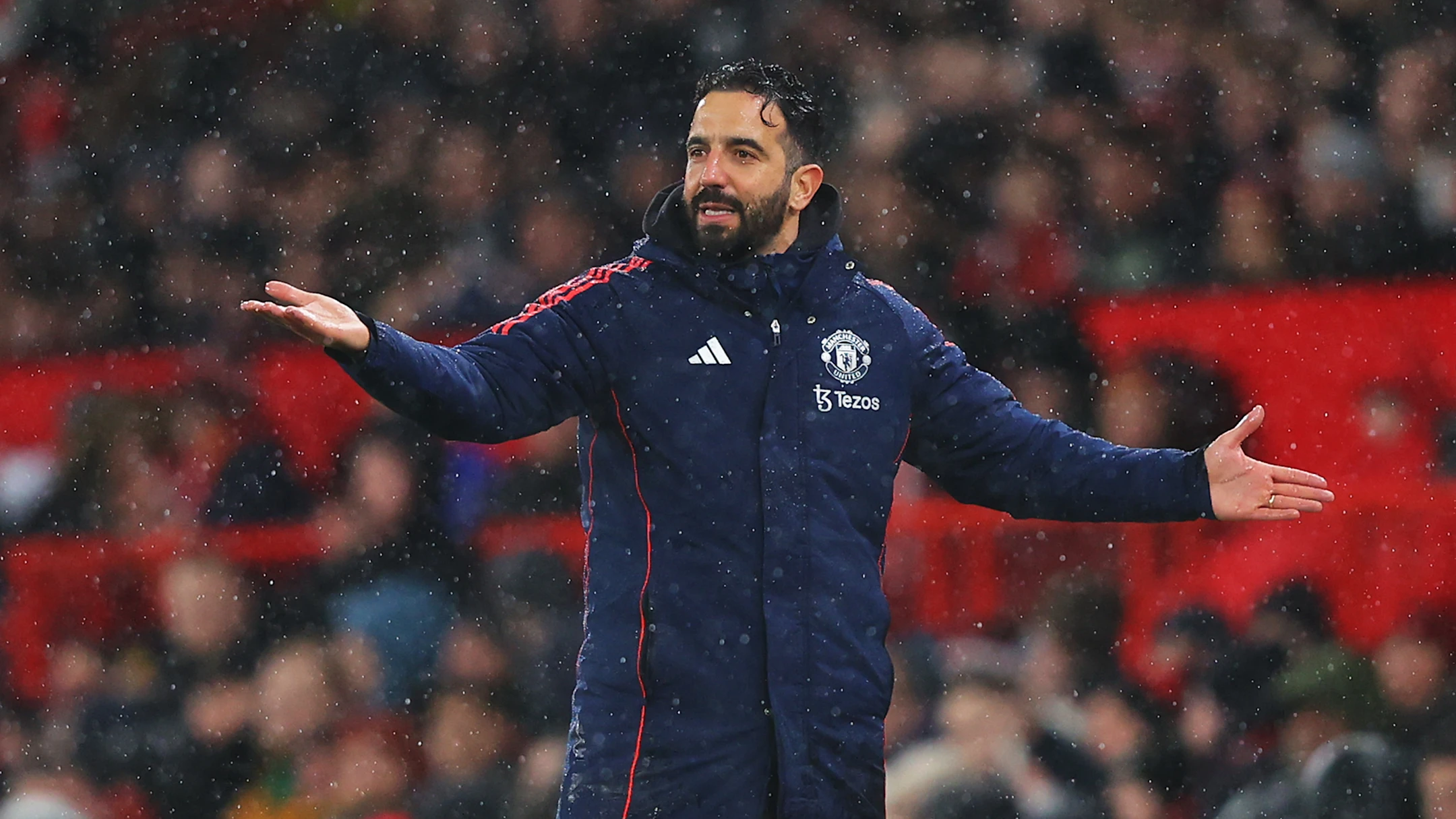
Ruben Amorim Defends Sir Jim Ratcliffe After Mass Manchester United Redundancies
Manchester United’s Cost-Cutting Measures Under Sir Jim Ratcliffe
Manchester United head coach Ruben Amorim has defended the recent mass redundancies initiated by the club’s co-owner, Sir Jim Ratcliffe, arguing that the controversial cuts represent a “clear path” toward long-term success. The Portuguese manager acknowledged that the measures are difficult but insisted that they align with a broader vision for Manchester United’s future.
United are currently undergoing significant financial restructuring, with plans to lay off as many as 200 employees this year. These redundancies come after around 250 staff members were dismissed last summer as part of ongoing cost-cutting initiatives. The latest round of job losses is part of what the club has described as a “transformation plan”, a strategy aimed at streamlining operations and ensuring financial sustainability.
Sir Jim Ratcliffe’s Influence on Manchester United
Since acquiring a minority stake in Manchester United, Sir Jim Ratcliffe and his company INEOS have taken charge of the club’s sporting operations. Under their leadership, Manchester United has pursued a more aggressive approach to cost management, leading to widespread layoffs and internal restructuring. Despite the criticism surrounding these actions, Ruben Amorim has publicly backed Ratcliffe, stating that these changes are necessary for the club’s long-term ambitions.
“I see a clear path, I see that from the board also,” Ruben Amorim said in a recent press conference. “They are making difficult changes, they are not popular, but they are doing them because they have a vision. That is clear. But in the future, we need to show some results – because you can make a lot of changes, and if we don’t get results, people won’t feel confidence and happiness. The good thing is we have a clear path; now it’s hard, but we are making changes to achieve success in the future.”
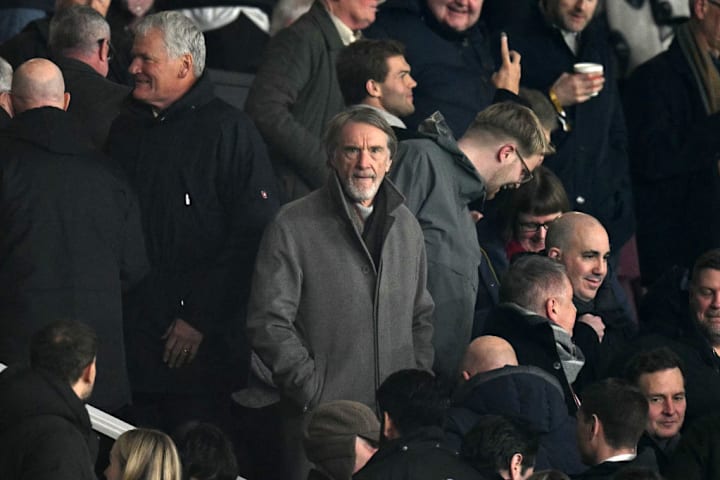
Financial Decisions: Balancing Cuts with High Expenditure
The decision to cut 200 jobs has drawn widespread criticism, especially given the club’s significant spending in other areas. Last year’s staff layoffs reportedly saved around £30m, but the club has simultaneously spent large sums on managerial changes and player transfers.
This season, Manchester United paid over £21m to part ways with Erik ten Hag and appoint Ruben Amorim as his successor. Additionally, former sporting director Dan Ashworth was dismissed just five months into his tenure, receiving a £4.1m compensation package. These financial outlays have led many to question the logic behind the club’s aggressive cost-cutting approach.
Manchester United’s Struggles on the Pitch
United’s financial struggles have been exacerbated by poor performances on the pitch. Under Ten Hag, the team failed to qualify for the Champions League, missing out on the substantial financial rewards that come with participation in Europe’s elite club competition. The Europa League, where United are currently competing, has proven to be far less lucrative.
Despite being the highest-earning club in this season’s Europa League, United have only accumulated £18.7m in prize money. In comparison, Swiss club Young Boys—who finished with the worst record in the Champions League league phase—earned £24.9m in the competition, highlighting the financial disparity between the two tournaments.
As a result, United are under immense pressure to qualify for European competition next season. However, their Premier League campaign has been disappointing, with the club currently slumped in 14th place, making European qualification through league position increasingly unlikely.
Alternative Routes to European Qualification
Given their Premier League struggles, United’s best chance of securing European football next season may come through domestic or continental cup competitions. The club is still competing in the FA Cup, and winning the trophy would guarantee a Europa League spot. Meanwhile, success in the Europa League itself could offer a backdoor entry into the Champions League, significantly improving the club’s financial standing.
Despite the uncertainty surrounding United’s on-field performance, Ruben Amorim remains optimistic about the club’s long-term direction. However, he also acknowledged that results must improve for fans and stakeholders to fully support the INEOS-led transformation.
Ruben Amorim’s Perspective on the Redundancies
While Ruben Amorim has defended Ratcliffe’s vision, he has also expressed sympathy for those affected by the redundancies. The head coach admitted that some responsibility falls on the team’s results, acknowledging that the club’s financial difficulties are tied to their failure to qualify for the Champions League last season.
By missing out on Europe’s top competition, United have suffered a significant financial shortfall, making cost-cutting measures more urgent. Ruben Amorim’s statement reflects an awareness of the club’s broader struggles, but he remains focused on the future, hoping that these drastic measures will eventually lead to on-field success.
Criticism of Sir Jim Ratcliffe’s Approach
Despite Ruben Amorim’s support, Ratcliffe’s cost-cutting measures have not been well received by fans and analysts. Many believe that the club’s financial decisions have been inconsistent, with lavish spending on management changes contradicting the justification for large-scale layoffs.
Supporters have also expressed frustration over the lack of clear communication from the ownership, demanding more transparency regarding the club’s long-term strategy. Some believe that the redundancies are a short-term fix, rather than a sustainable solution for United’s financial issues.
What’s Next for Manchester United?
As the season nears its conclusion, United’s priorities remain clear:
- Improve league performances to secure a European spot.
- Win the FA Cup or Europa League to ensure qualification for next season’s competitions.
- Stabilize the club financially while maintaining squad competitiveness.
For Sir Jim Ratcliffe, the challenge lies in proving that his financial strategies will ultimately benefit the club. For Ruben Amorim, the immediate concern is delivering better performances to justify the confidence placed in him.
While the road ahead remains uncertain, one thing is clear: Manchester United must find a balance between financial prudence and on-pitch success to reclaim their position as an elite European club.


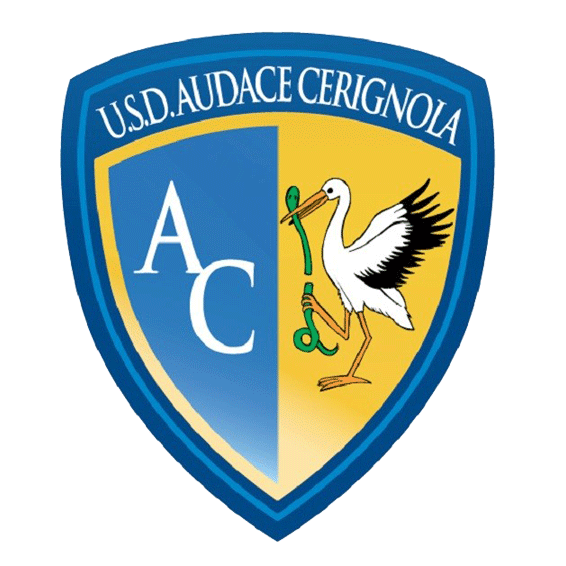

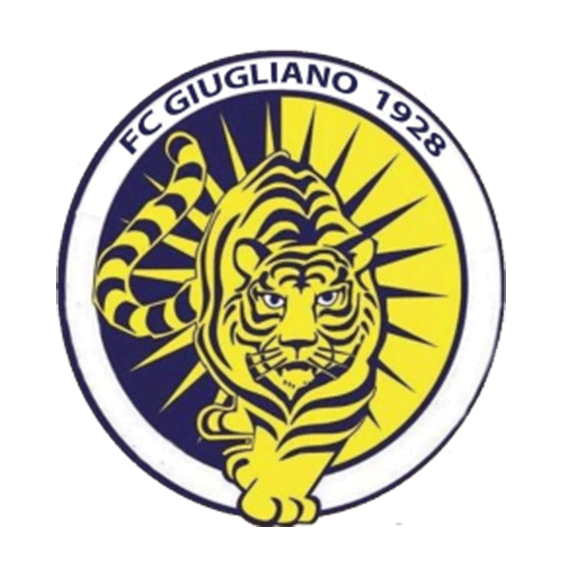



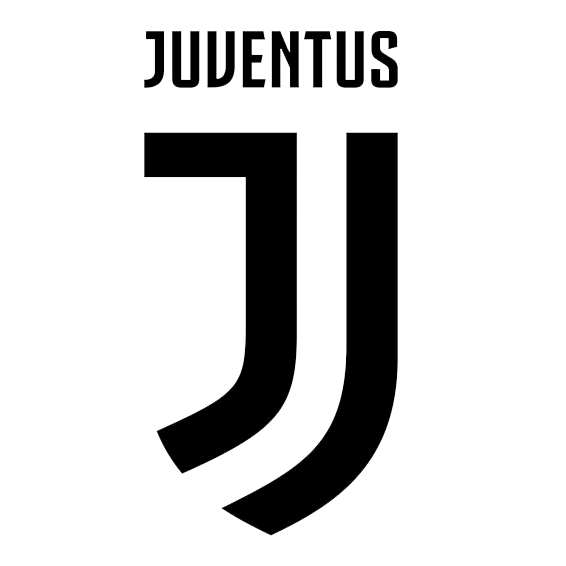
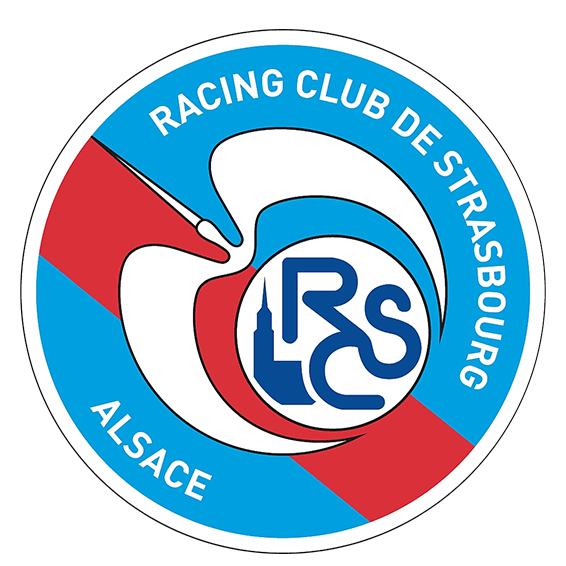



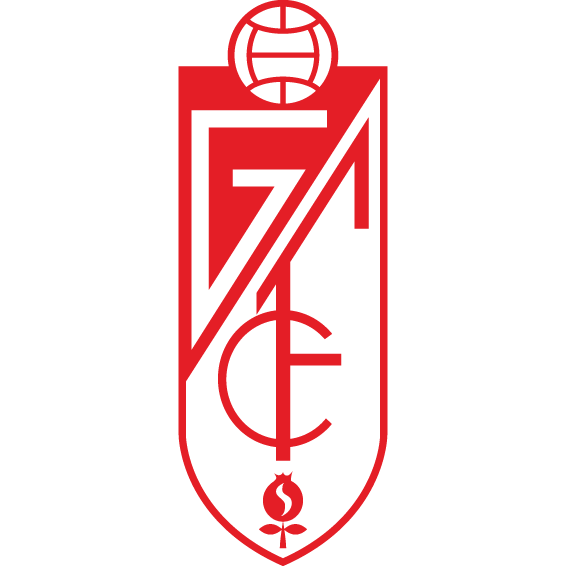







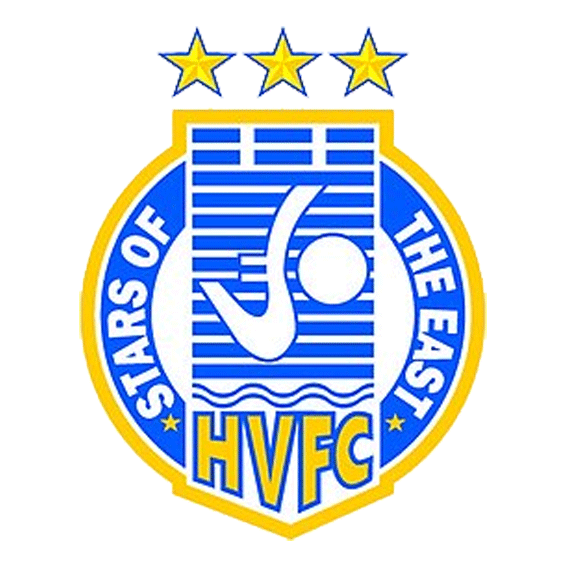












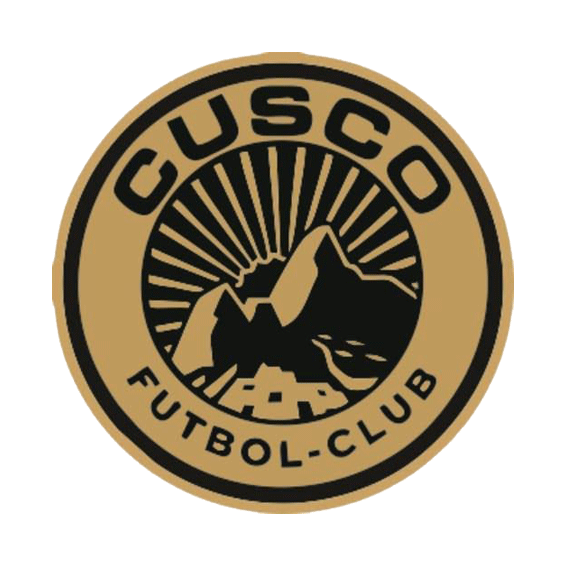
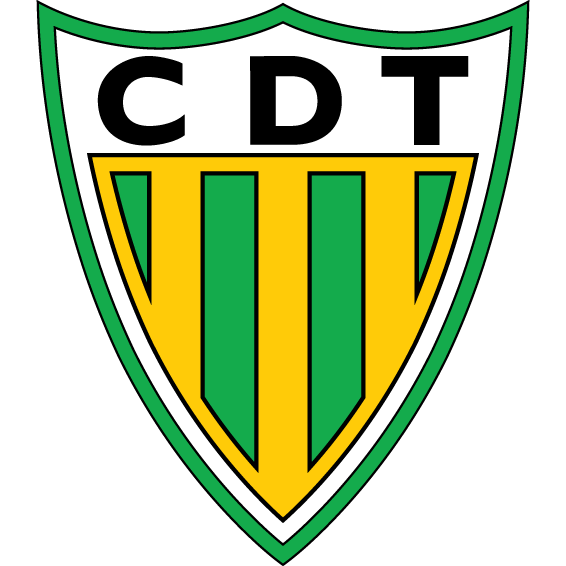
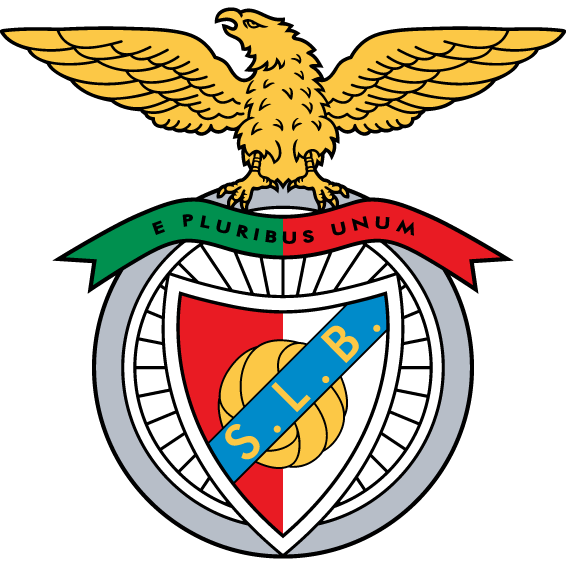







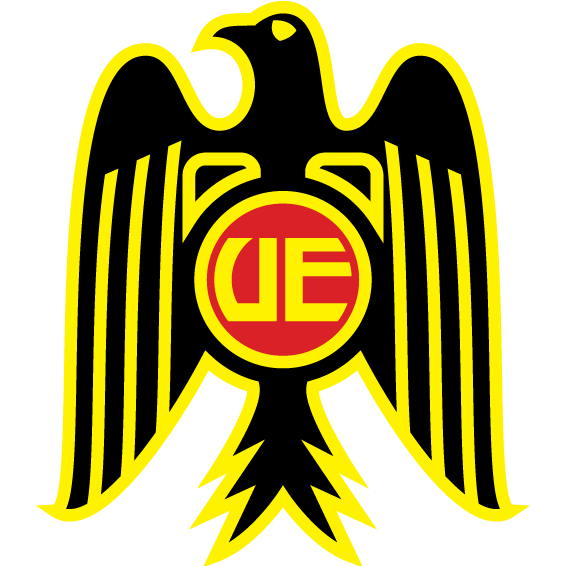





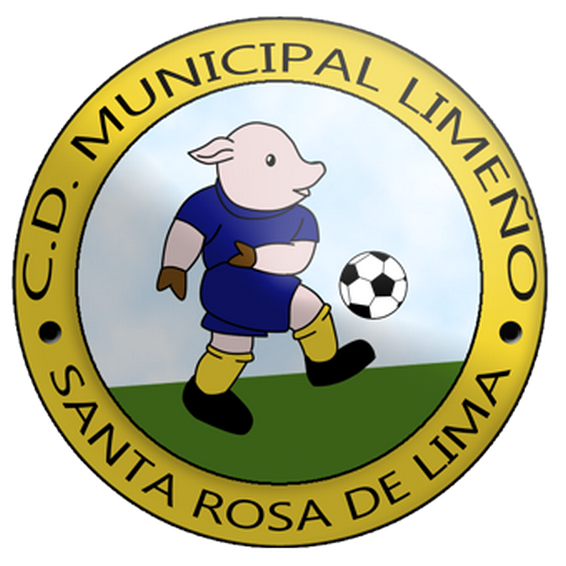



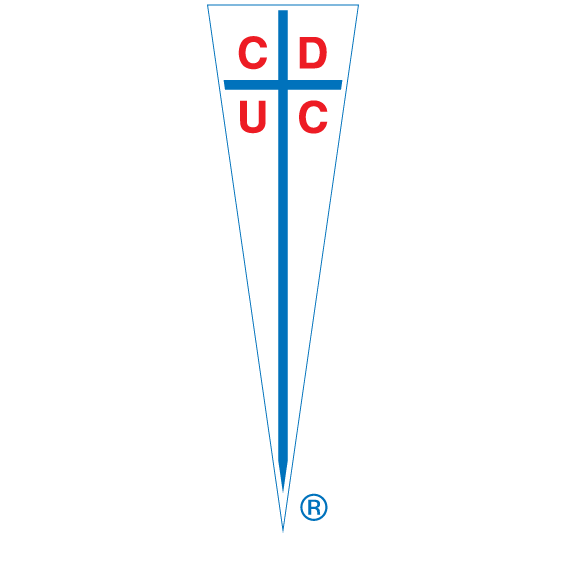



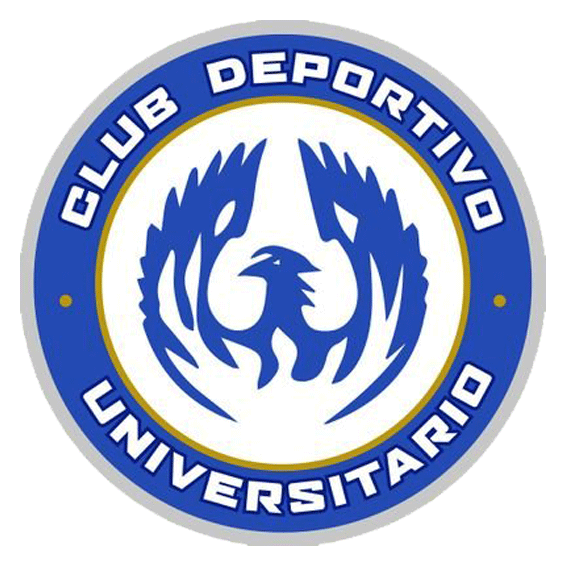








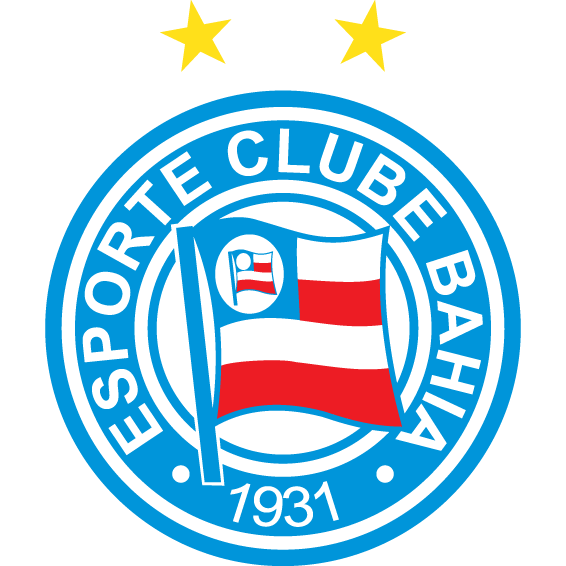












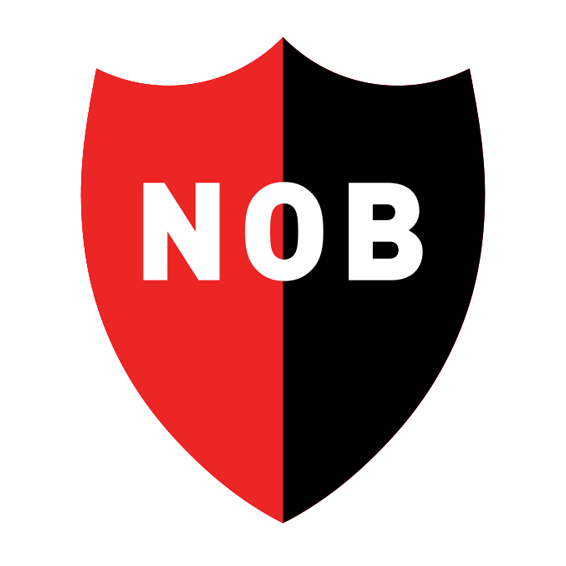



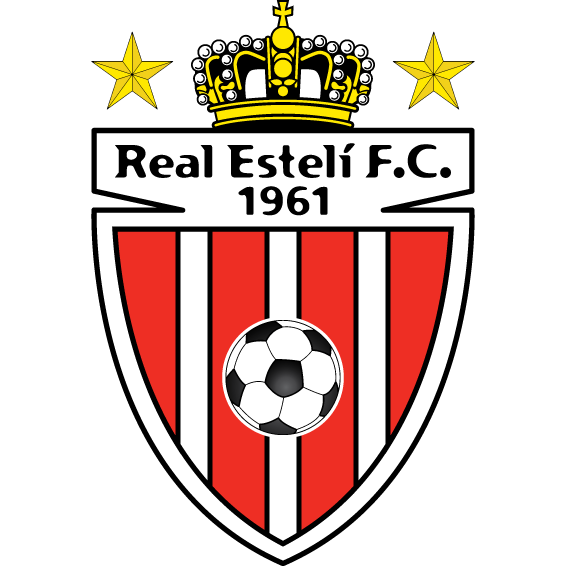


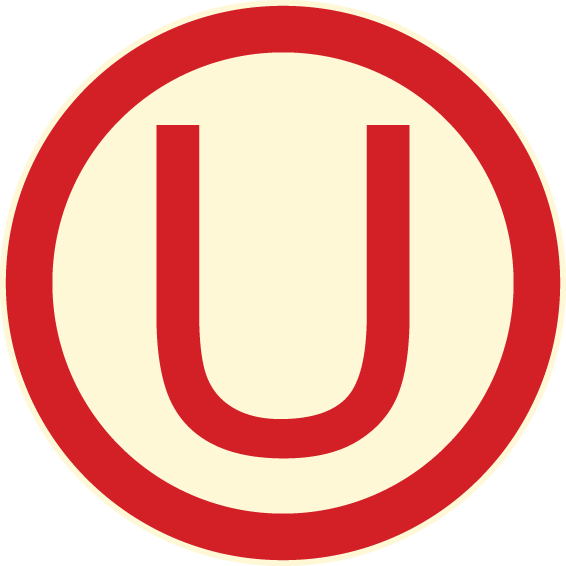


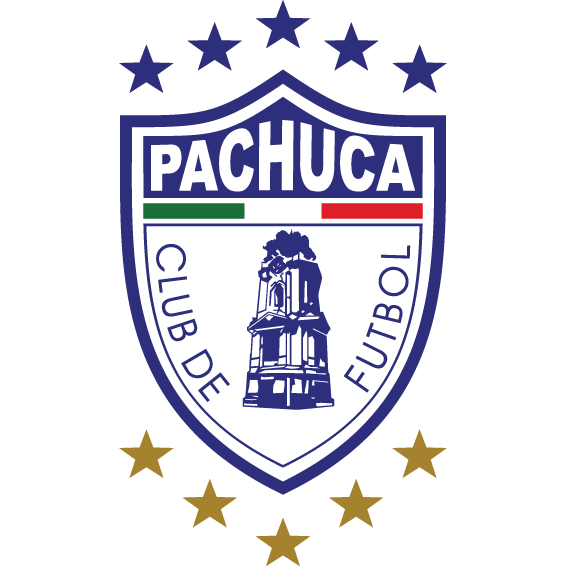
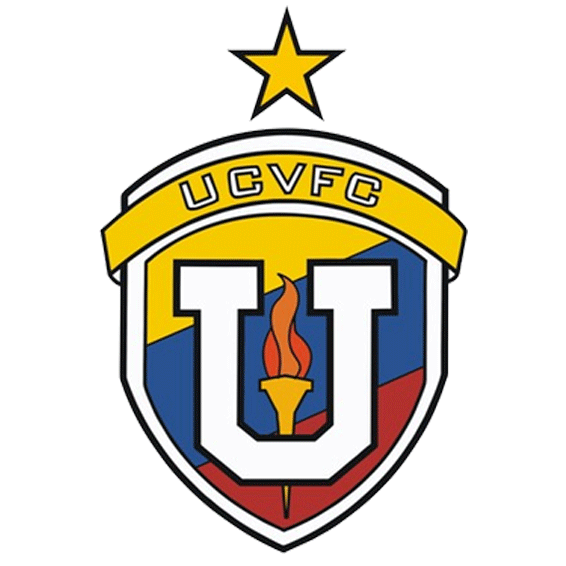





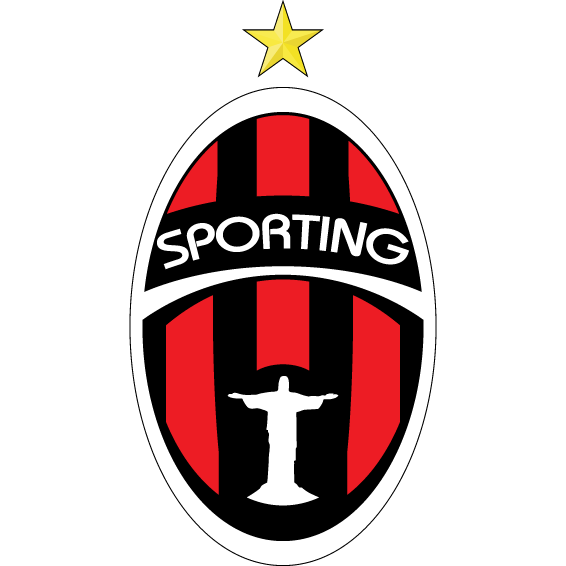





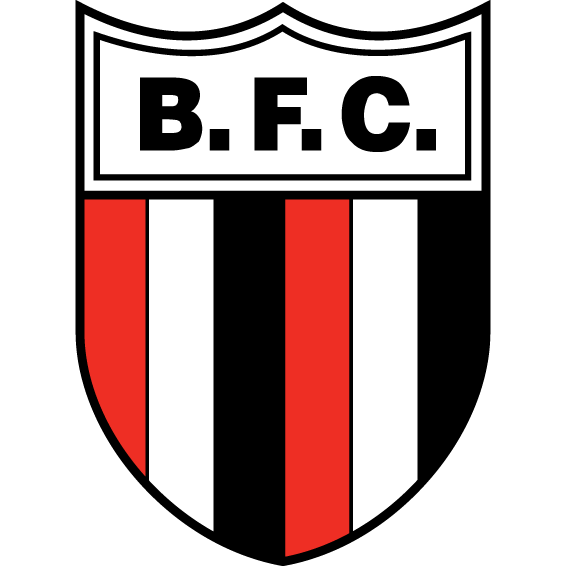




























There are no comments yet. Be the first to comment!